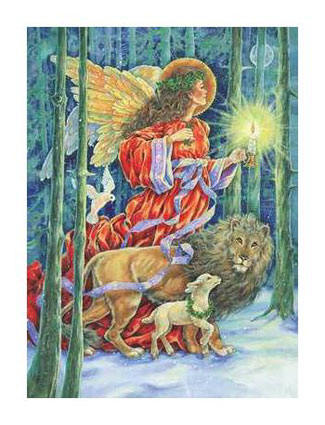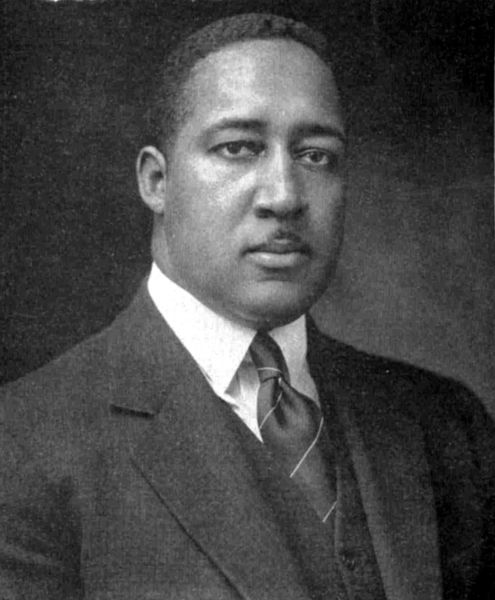Go Tell It On The Mountain

Go Tell It On The Mountain
"Go Tell It on the Mountain" is an African-American spiritual dating back to at least 1865 that has been sung and recorded by many gospel and secular performers.
It is considered a Christmas carol because its original lyric celebrates the Nativity: "Go tell it on the mountain, over the hills and everywhere; go tell it on the mountain, that Jesus Christ is born."
In 1963, Peter Yarrow, Noel "Paul" Stookey, and Mary Travers, along with their musical director, Milt Okun, adapted and rewrote Go Tell It on the Mountain as Tell It on the Mountain, their lyrics referring specifically to Exodus and employing the line "Let my people go," but implicitly referring to the Civil Rights struggle of the early '60s.
The song was recorded by Yarrow, Stookey and Travers on their Peter, Paul and Mary album In the Wind and was also a moderate hit single for them. Civil rights activist Fannie Lou Hamer used this rewritten version of the song as an anthem during the mid-1960s.
Listen To The Music
Go Tell It On The Mountain in MP3 format
The Lyrics
When I was a seeker
I sought both night and day,
I asked the Lord to help me,
And he showed me the say.
Chorus
Go tell it on the mountain,
Over the hills and everywhere,
Go tell it on the mountain,
Our Jesus Christ is born.
He made me a watchman
Upon a city wall,
And if I am a Christian,
I am the least of all.
Chorus
Go tell it on the mountain,
Over the hills and everywhere,
Go tell it on the mountain,
Our Jesus Christ is born.
When I was a seeker
I sought both night and day,
I asked the Lord to help me,
And he showed me the say.
Chorus
Go tell it on the mountain,
Over the hills and everywhere,
Go tell it on the mountain,
Our Jesus Christ is born.
Credited To John Wesley Work For Collecting/Saving The Song!

John Wesley Work
He was born on June 15, 1901, in Tullahoma, Tennessee, to a family of professional musicians. His grandfather, John Wesley Work, was a church choir director in Nashville, where he wrote and arranged music for his choirs. Some of his choristers were members of the original Fisk Jubilee Singers.
His father, John Wesley Work Jr., was a singer, folksong collector and professor of music, Latin, and history at Fisk, and his mother, Agnes Haynes Work, was a singer who helped train the Fisk group.
His uncle, Frederick Jerome Work, also collected and arranged folksongs, and his brother, Julian, became a professional musician and composer.
